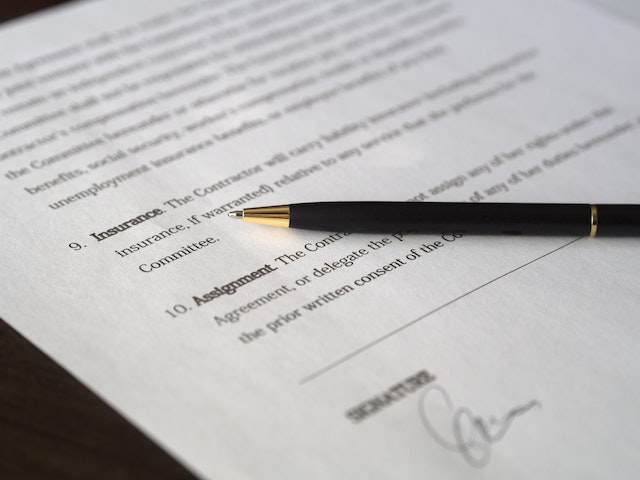Omaha Mortgage Rates Are Dropping: Why September 2024 is the Perfect Time to Buy

Hey there, Omaha home seekers! If you've been keeping an eye on the real estate market with a mix of excitement and apprehension, I have some great news for you. September 2024 is set to make a big impact on the Omaha housing market, and here's why it's worth your attention.
The Interest Rate Rollercoaster
Remember when mortgage rates were climbing rapidly? Well, those days are over. As of September 2024, we're witnessing a significant drop in mortgage interest rates, and it's welcome news for every potential homebuyer.
The average 30-year fixed mortgage rate in Omaha is currently hovering around 5.5%, down from the 6.8% we saw earlier this year. This might not seem like a huge difference, but believe me, it can save you thousands over the life of your loan.
What This Means for You
Let's put it in perspective. For instance, if you're considering a $300,000 home, given the current rates, you could potentially have monthly payments that are $250-$300 lower than they would have been just a few months ago. This could cover a nice dinner or a good chunk of your utility bills each month!
However, it's not just about the monthly savings. Lower interest rates mean you can afford a larger house within your budget. That additional bedroom or the finished basement you've always wanted? They might just be within your reach now.
Why Buy Now?
You may be wondering, "Should I wait for rates to drop even further?" While it's true that no one can predict the future with 100% accuracy, most experts agree that we're in a favorable position right now. Here's why:
- Pent-up demand is increasing: Many buyers who were unable to afford homes earlier this year are now returning to the market. As demand rises, home prices may also increase.
- Inventory is still relatively low: Like many cities, Omaha is still experiencing a housing shortage. Good homes at reasonable prices are selling quickly.
- Seasonal advantage: Fall can be an excellent time to buy. There is less competition than in the spring and summer, and sellers might be more motivated.
Home Buying Tips for September 2024
If you're ready to take the plunge, here are a few tips to keep in mind:
- Get pre-approved: With rates this good, you'll want to lock in as soon as you find your dream home. Having a pre-approval letter ready to go can give you an edge in negotiations.
- Don't wait too long: While making an informed decision is important, remember that good properties are moving quickly in this market. Be ready to make your move.
- Consider your long-term plans: With rates lowering, it might make sense to evaluate your home size if you're planning on staying put for a while.
- Work with a local expert: The Omaha market has unique qualities. Having a local real estate expert on your side can make all the difference. Plus we partner with the BEST mortgage lender available, who will work with your personal situation & find the best loan package for YOU!
Your Next Steps
The stars are aligning for Omaha homebuyers this September. Lower interest rates and the seasonal advantages of fall buying create a perfect storm of opportunity. But remember, in real estate, timing is everything.
If you're ready to take advantage of these fantastic conditions, we're here to help. The Heim-Berg Team has been guiding Omaha residents through the home buying process for years, and we'd love to help you find your dream home.
Give us a call at 402-677-9024 or visit our website at www.OmahaAreaLiving.com. Let's turn this opportunity into your new home sweet home! Remember, your dream home is out there, and with these rates, it might be more attainable than you think. Happy house hunting, Omaha!



 When buying a home in Omaha and getting a mortgage, you will hear the term "escrow" mentioned frequently. An escrow is a legal arrangement where a third party holds money or property until a specified condition is fulfilled, such as completing the home purchase as outlined in the agreement.
When buying a home in Omaha and getting a mortgage, you will hear the term "escrow" mentioned frequently. An escrow is a legal arrangement where a third party holds money or property until a specified condition is fulfilled, such as completing the home purchase as outlined in the agreement.

.jpg) Are you ready to buy your first home in Omaha?
Are you ready to buy your first home in Omaha?.jpg)









